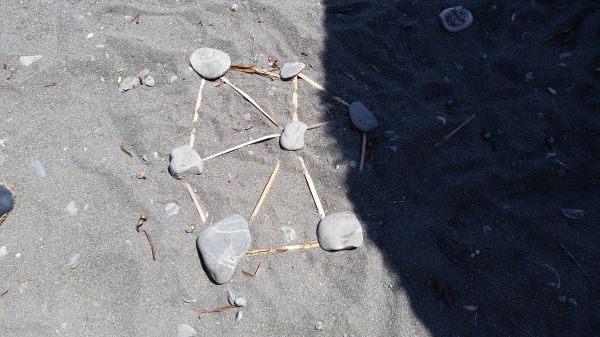Nice, 18-20 June, 2014
Training Programme
Application of Algorithmic Differentiation tools
3-day hands-on training workshop June 18-20, INRIA Sophia-Antipolis, France
The purpose of this training is to give participants practical understanding and experience on Algorithmic Differentiation (AD) tools. These skills are necessary to efficiently apply AD tools to the industrial applications, such as e.g. unsteady CFD simulation targeted by the funcing About Flow EC project.
Sensitivity information, "how does an input control affect an output variable", is highly relevant to scientific computing and simulation in industrial engineering. Typical applications are design optimisation, inverse problems, parameter estimation or uncertainty analysis, they all heavily rely on computing first or higher-order derivatives. AD can provide these gradients in an automated way, through application of sophisticated software tools to the existing application codes. Using these AD tools efficiently requires some familiarity with their concepts, internal models, and interfaces.
The trainers are members of the STCE research team from RWTH Aachen and of the Ecuador research team from INRIA. They have been developing leading-edge AD tools for several years, and have been applying them extensively to industrial-size codes. The experience of the trainers covers a wide spectrum of approaches to AD, ranging from Operator-Overloading to Source-Transformation. This training will provide students with hands-on experience with two representative AD tools:
-
dco, an Operator Overloading AD tool developed by the STCE team of RWTH,
-
Tapenade, a Source Transformation tool developed by the ECUADOR team of INRIA.
Students will apply AD tools on small-to medium-size application codes in Fortran and C.
The 15th EuroAD Workshop will be held at the same location on the two preceding days (June 16-17), which may nicely complement this training with views on the ongoing research. See http://www.autodiff.org
ESRs started from scratch:



